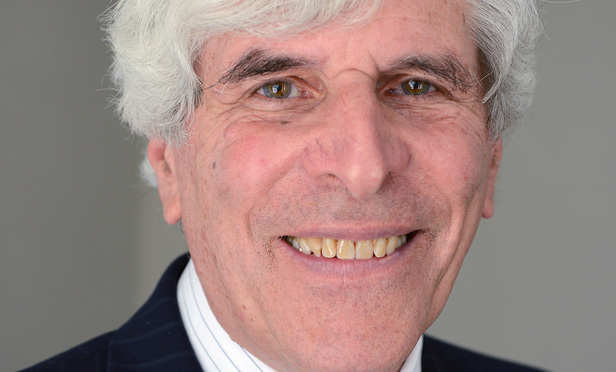Is the United States in violation of its obligations under the 1992 U.N. Framework Convention on Climate Change (UNFCCC) or the 2015 Paris Agreement on Climate Change? Does it matter? And if it does, what options are available to the Trump administration, without relying on the Obama Clean Power Plan that Trump pledged to rescind, to help the United States comply with its commitments to reduce domestic greenhouse gas (GHG) emissions? Equally important, how could the Trump administration comply with our UNFCCC and Paris commitments to help developing countries adapt to the inevitable impacts of climate change when Trump has already proposed to slash foreign aid to those very countries?
This column briefly reviews the legal and “moral” obligations of the United States under the UNFCCC and the Paris Agreement and summarizes the multiple reasons why the United States must not simply walk away from those obligations. It then proposes a two-part climate plan that the Trump administration could undertake to meet those commitments (1) without relying on the Clean Power Plan to reduce domestic U.S. GHG emissions and (2) without asking for continuing Congressional appropriations to help developing countries adapt to climate change. If properly implemented, this two-part plan could, I believe, significantly reduce U.S. emissions faster and more certainly than the Clean Power Plan and enable the United States to reassert its leadership in climate adaptation in a way that significantly helps tens of millions of people in the developing world.



